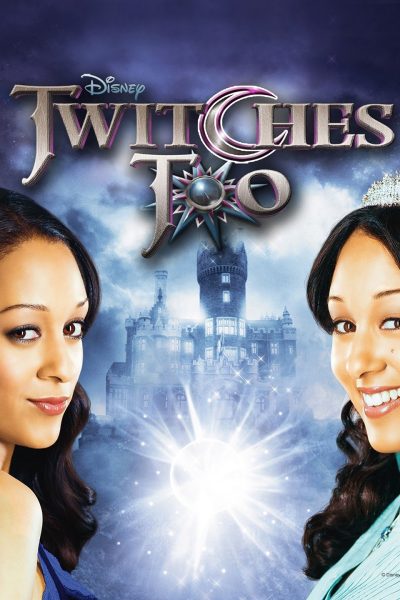Feminism: The hottest new accessory
The trend of using feminism as a publicity move is detrimental to its true message
More stories from Hillary Smith
Photo by Submitted
Taylor Swift preaches girl power, but do her actions speak as loudly as her words?
Celebrities are notorious for doing almost anything for attention, be it marrying someone for a mere 72 days or running for president.
Another example of stars committing to large-scale schemes in part (or in whole) for the publicity has been popping up in the form of “celebrity feminism.” This recently coined phrase refers to stars who talk the talk while advocating for gender equality, but fail to walk the walk.
Taylor Swift is a prime example of this damaging practice. The star has endorsed plenty of big name products to further her brand. However, a line must be drawn somewhere between Apple Music and human rights.
After dancing around the issue, T-Swift “came out” as a feminist a few years ago, defending women against critiques of their bodies, feelings and methods of expression while extolling the importance of strong female friendships with her so-called squad composed of other sparkling stars.
Her passion for standing tall as a feminist wavered when the Women’s March took place. While stars such as Rihanna, Miley Cyrus, Ariana Grande and Emma Watson all participated in the historic event, Swift was nowhere to be seen. Well, except a lone tweet, reading, “So much love, pride, and respect for those who marched. I’m proud to be a woman today, and every day. #WomensMarch” for which she received massive backlash. And rightly so.
A political movement is not a tool to be used to the advantage of a celebrity’s social standing. As annoying as it is to see stars like Swift using it to amp their likeability and marketing strategies, it is equally frustrating to see such careless self-proclamations of feminism from other, more significant sources.
Cosmopolitan, for one. The magazine is geared toward women and recently has made a stand for feminism. Well, sort of. The publication has been campaigning for feminist issues like equal pay and women’s health, both of which are central to the fight for equal treatment.
Beyond those issues though, Cosmo is by no means a revolutionary advocate for the feminist movement. It lacks the intersectionality and depth needed in these times of political volatility. The magazine has taken a step in the right direction, but the mainstream stances they take while failing to push beyond that is disheartening.
It is time for publications with the widespread popularity of Cosmo to take more definitive, in-depth stands in the movement.
However, it must further be noted that feminism does not apply only to icons or popular women’s magazines. The movement must also be as truly represented by large-scale political figures as possible. Hillary Clinton, we’re looking at you.
The achievements of Clinton should never be downplayed: she has done immense things as a female in the predominantly male political sphere. But she has also fallen woefully short when it comes to meeting the necessarily high expectations for real, impactful feminism.
During her run for presidency, many deemed her a strong feminist. This can be contributed in large part to the symbolism of her being female rather than her actions and advocacy for women’s rights.
While she spoke passionately for women’s ownership to their own bodies, she also turned a blind eye to people in lower socioeconomic classes. She aligned herself with massive corporations and countries that strip their citizens, particularly females, of basic human rights.
The standards of feminism must be raised. Moreover, understanding of the word and movement must be reinforced by strong, positive role models, who are fighting for equality rather than easy breezy publicity.










